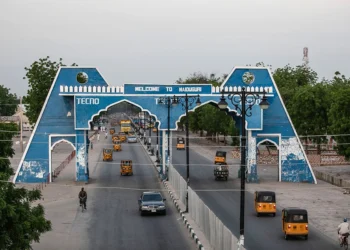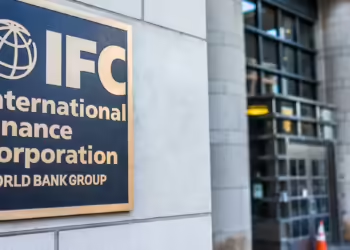The Economic Commission for Africa (ECA) forecasts that African nations will dominate world’s top 10 fastest-growing economies in 2024 and 2025.
In 2024, the key economies pushing growth in Africa will include Niger, Senegal, Ivory Coast, the Democratic Republic of the Congo (DRC), and Rwanda.
Adam Elhiraika, the Director of the Macroeconomics and Governance Division at ECA, stated that Africa was the fastest-growing region following East and South Asia in the developing world during 2023. He anticipates that this growth momentum will persist through 2024 and 2025.
Countries fuelling Africa’s growth
According to the report, significant economic expansion in Niger and Senegal is anticipated, primarily driven by an upsurge in hydrocarbon production and exports.
- The economic expansion in Niger is expected to be driven by a resurgence in agricultural output, although susceptible to adverse weather conditions, and an increase in crude oil production, which is likely to positively affect the transportation sector.
- However, the recent military coups and subsequent sanctions from regional blocs have negatively impacted economic activities and resulted in considerable social repercussions.
- In Senegal, growth is anticipated to stem from an increase in private sector and infrastructure investments. Nevertheless, the electoral activities in up to 15 African countries, including the recently completed presidential elections in Senegal, may influence the region’s short-term economic growth and development trajectory.
Areas of growth and risks
According to the report, Africa’s economy is projected to expand from 2.8% in 2023 to 3.5% in 2024, and further to 4.1% in 2025, primarily supported by net exports, private consumption, and gross fixed investment.
However, Africa’s economic progress is characterized by instability and remains below its potential level, which is insufficient to meet the Sustainable Development Goals (SDGs) and the agenda 2063 targets.
This situation calls for significant adjustments in fiscal and monetary policies, along with enhanced measures to rectify internal and external imbalances and to tackle inflation and debt challenges.
























